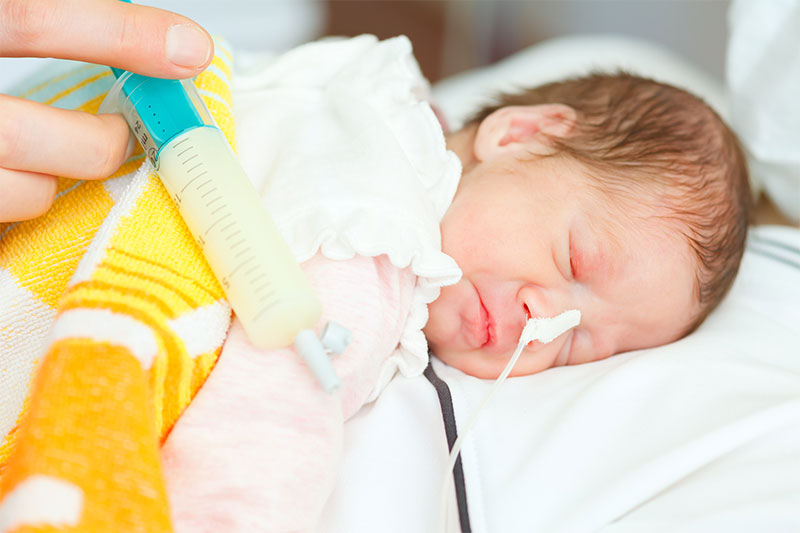Human Tissue and Transplant Act
19 February 2024
Human Tissue and Transplant Act 1982 legislation amendment

In 2022, the Human Tissue and Transplant Act 1982 (external site) (the Act) was amended to provide a comprehensive and clear framework to regulate the sale and supply of human tissue products in WA. These important changes came into effect on 19 February 2024.
The legislation has considered the need to uphold ethical principles ensuring donors and their families are not exploited, that respect is shown for both living and deceased individuals, and that the human body is not treated as a commodity to be sold for profit.
The changes support Western Australian patients to access human tissue products, which are increasingly available through advances in medicine and technology. These tissue products are essential in the practice of modern medicine.
Regulations (external site) pertaining to the amendments also took effect on 19 February 2024.
The key changes to the Act and Regulations include provisions to:
- Expand the consent provisions in relation to the donation of tissue by living persons and donations of tissue after death to allow for a person to consent to removal/use of tissue for training, education and quality assurance purposes. This is in addition to the provisions that allow a person to consent to the removal of tissue for: transplantation or transfusion to the body of another living person, or use for other therapeutic purposes or for medical or scientific purposes.
- Allow highly trained retrieval technicians, when approved by the Minister for Health, to remove musculoskeletal tissue, and skin donated (in addition to ocular tissue) after the death of a person without the presence of a medical practitioner. This change does not, however, apply to whole organs donated for organ transplantation, which can still only be removed by a medical practitioner.
- Align with the Therapeutic Goods Act 1989 to allow authorised suppliers, such as the eye and musculoskeletal tissue banks, to be able to recover costs associated with providing tissue products for patients in Western Australia (WA) under certain specified conditions. These conditions include that the tissue is altruistically donated (not paid for) and that profit-making is not allowed. The costs include processing, testing and treatment to ensure there is no risk of infection, storage, and transport of the tissue.
- Allow the donor human milk banks, prescribed in the Regulations, to recover costs for the provision of donor human milk to vulnerable premature infants in Neonatal Intensive Care Units.
- Develop a code of practice for the supply of processed donor human milk in Western Australia (the Code) to set out the minimum requirements for the ethical and safe supply of Processed Donor Human Milk (PDHM) in WA. The Code will apply to both donor human milk banks, and public and private hospitals dispensing PDHM in WA, and will commence on 19 August 2024.
- Allow the WA schools of anatomy to recover costs associated with the use of donated bodies for anatomical teaching and training of medical doctors, dental nursing and allied health professionals.
- Establish the Human Tissue Advisory Body (HTAB) which will provide recommendations to the Minister for Health on:
- prescribed donor human milk tissue banks
- case by case Ministerial approval for special circumstances not otherwise covered under section 29. For example: the supply of processed donor human milk to an infant not meeting the strict eligibility criteria outlined in the Code of Practice for the Supply of Donor Human Milk.
- To reflect the seriousness of unlawful trading in human tissue; the penalty for trading in tissue and related advertising has been increased to imprisonment for 12 months or a fine of $12,000.